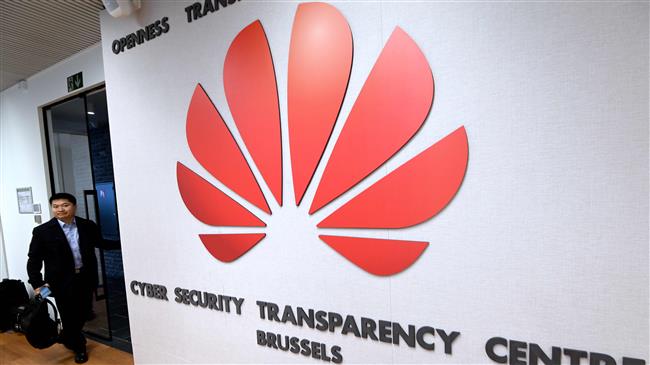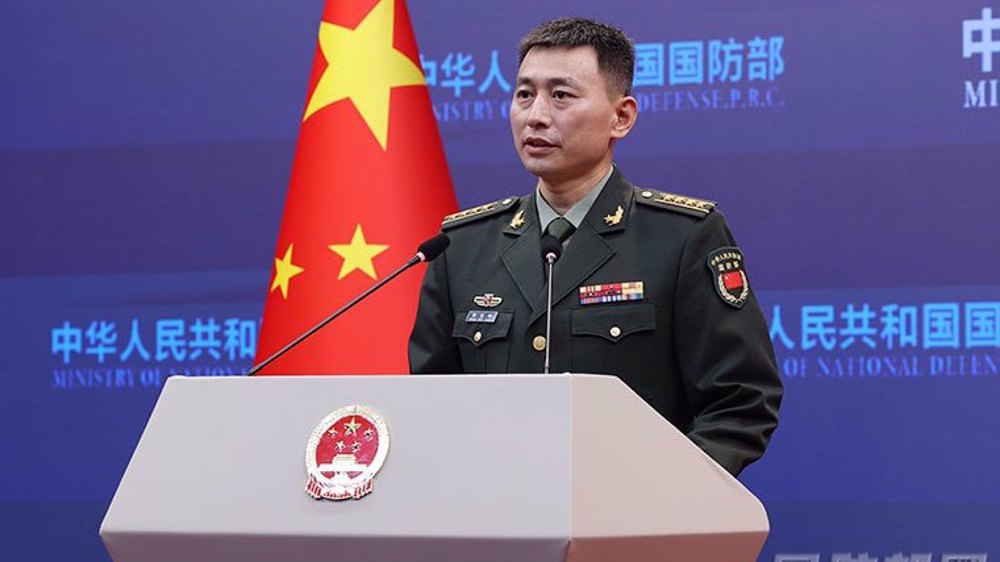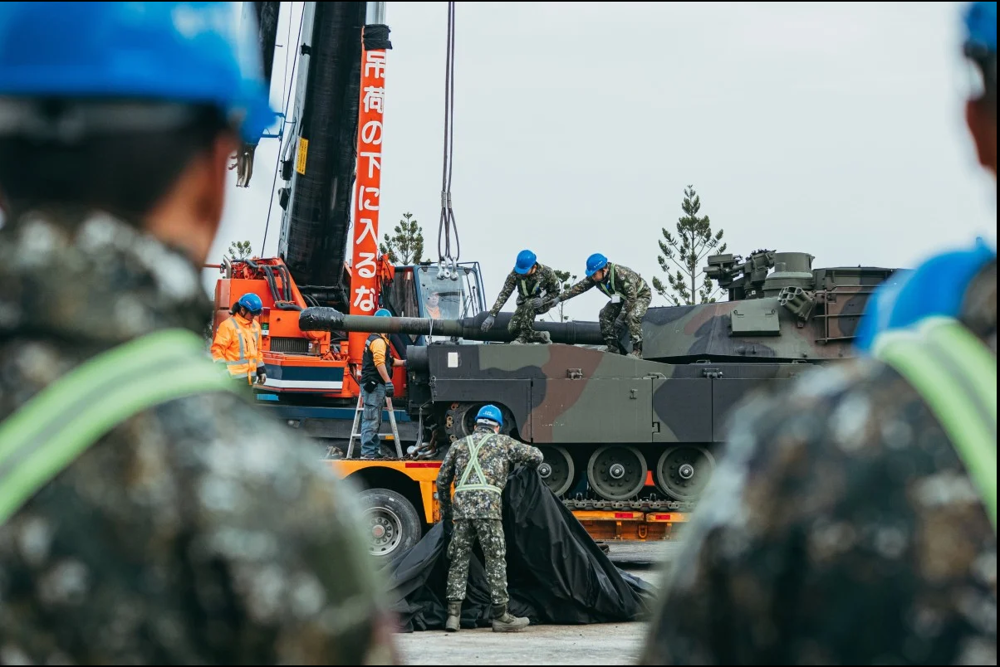Huawei, ZTE ban would cost EU operators up to €55 billion: Report
A ban on telecommunication equipment from the Chinese firms Huawei and ZTE would cost European Union (EU) mobile operators up to 55 billion euros, an official assessment has warned.
The operators would also face delays of up to 18 months in providing next-generation 5G networks for their customers, according to the impact assessment report drawn up on Friday by the GSM Association, which represents mobile network operators around the world.
"A ban on Chinese vendors would severely lessen competition in the mobile equipment market, increasing prices and driving additional 5G rollout costs," the assessment said, adding that it would "result in slower rollout of 5G networks in Europe and reduced take-up, which would further increase the productivity gap between the EU and the US.”
The GSMA assessment also stated that Huawei and ZTE accounted for around 40 percent of the EU market supplying mobile equipment. It also concluded that Huawei "is currently a pioneer in 5G technology.”
The evaluation said European rivals such as Ericsson of Sweden and Nokia of Finland as well as South Korea's Samsung would fail to handle all of the shift from 3G and 4G networks to 5G in Europe while honoring contracts already signed in North America and Asia, which implies significant costs and delays should operators not be able to use Huawei and ZTE.
The evaluation came after a debate triggered by US demands that European companies and those firms in allied countries shun Huawei as a 5G service provider since the administration of US President Donald Trump claimed its equipment could be used by Beijing for spying.
Both the Chinese government and the telecom giant have repeatedly dismissed the allegation.
Authorities in the United States are also probing Huawei for alleged violations of Washington's bilateral sanctions against Iran.
Meng Wanzhou, Huawei’s chief financial officer and daughter of its founder, Ren Zhengfei, was arrested in Canada in December at the request of the United States on charges of bank and wire fraud in violation of US sanctions against Iran.
The company has denied the US accusations and says the concerns are unfounded.
Huawei last year surpassed Apple to become the world’s second-largest smartphone manufacturer behind Samsung.
Critics of the US claim that its motive in attacking Huawei is not because it is a genuine security threat – but because it is a rival in a crucial sector of the world economy in which America has enjoyed unrivaled supremacy for decades.
Washington and Beijing are also engaged in a protracted trade war over hefty tariffs that Trump has levied on imported Chinese goods since last year.
‘All wars have rules. All of those rules have been broken’ by Israel
VIDEO | Report flags India’s violation of rights of Rohingya detainees
Turkey's foreign minister meets Syria's de facto leader in Damascus
'Next to impossible' to rescue patients from Gaza's Kamal Adwan Hospital: Director
VIDEO | Vietnam current prosperity
Report blames gasoil exports for shortage at Iranian power plants
VIDEO | Hind Rajab Foundation names Israeli war criminals vacationing after Gaza genocide
VIDEO | Australians rally for Gaza ahead of Christmas festivities












 This makes it easy to access the Press TV website
This makes it easy to access the Press TV website